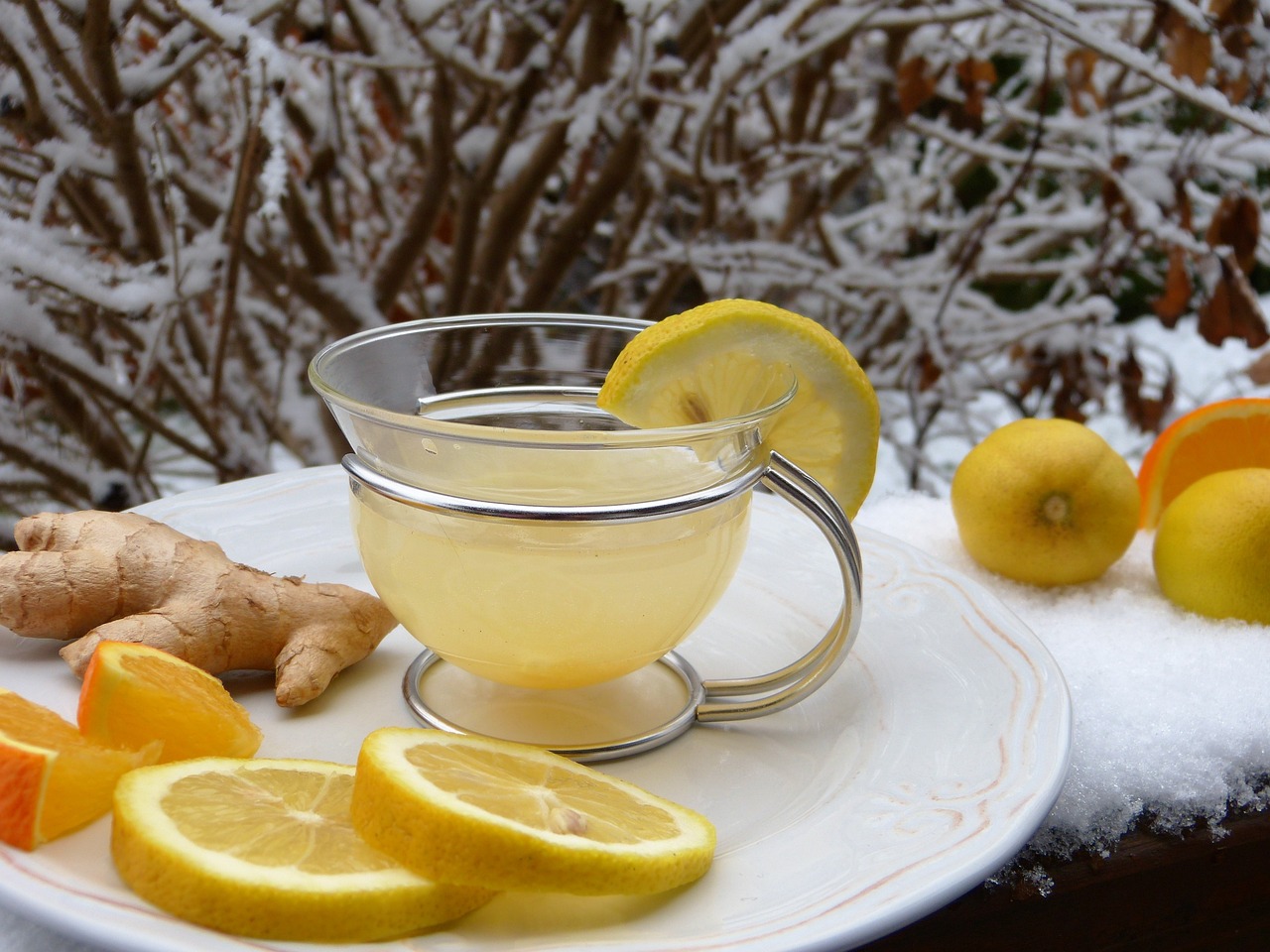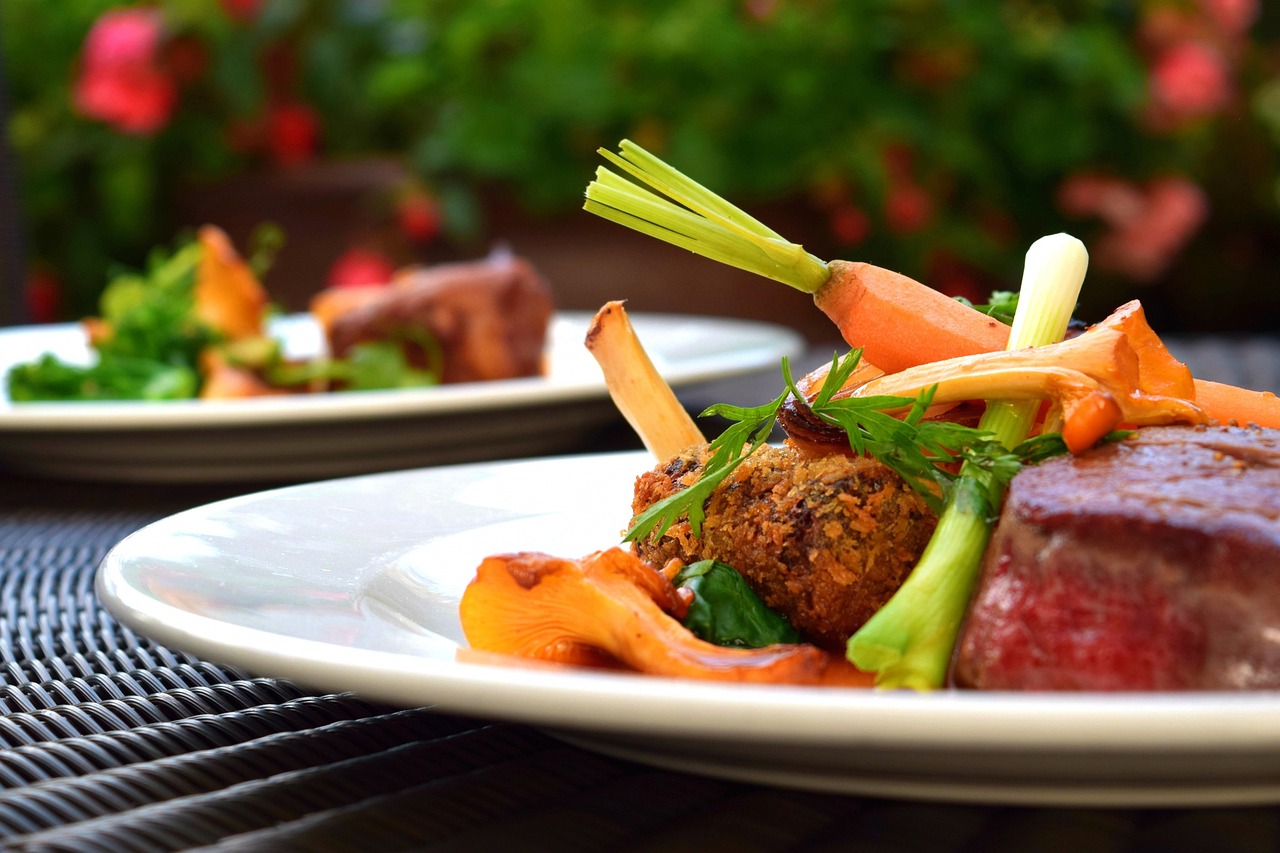
Optimal Nutrition for a Strong Immune System
Nutrition plays a crucial role in immune health. Our body needs nutrients to produce immune cells and fight infections. Some of the most important food categories for immunity are:
Antioxidants
Antioxidants help protect cells against oxidative stress and reduce inflammation in the body. Some of the most powerful antioxidants include:
- Vitamin C (citrus fruits, bell peppers, kiwi)
- Vitamin E (nuts, seeds, spinach)
- Beta-carotene (carrots, pumpkin, sweet potatoes)
Probiotics
Gut flora plays a crucial role in immunity. A healthy gut contains beneficial bacteria that help prevent infections. Foods rich in probiotics include:
- Natural yogurt
- Kefir
- Sauerkraut
- Kimchi
By consuming these foods, we can support a healthy balance of gut bacteria, leading to a stronger immune system.
Scientifically Proven Supplements for Immunity
Sometimes, diet alone is not enough to ensure all the necessary vitamins and minerals. This is where supplements come in, which, when taken correctly, can help support the immune system.
Vitamin D
Vitamin D is essential for a healthy immune system. Its deficiency is associated with an increased risk of infections. A natural source of vitamin D is sunlight exposure, but during winter or for people who spend a lot of time indoors, supplements are recommended.
Zinc
Zinc is a mineral that helps immune cells function properly. It is found in meat, nuts, seeds, and dairy products, but it can also be taken as a supplement, especially during the cold season.
Quercetin
Quercetin is a powerful antioxidant with anti-inflammatory effects that supports the immune system. It is found in apples, onions, berries, and green tea.
By combining these supplements with a balanced diet, we can support and strengthen our immunity.
The Impact of Sleep and Exercise on Immunity
Not only nutrition and supplements matter for a strong immune system. Two other crucial aspects are sleep and physical activity.
Sleep
Lack of sleep negatively affects immunity. When we sleep, our body produces cytokines, proteins that help fight infections. To get restful sleep, it is recommended to sleep at least 7-8 hours per night and maintain a regular sleep schedule.
Physical Exercise
Moderate exercise helps blood circulation and stimulates immune cells. Intense workouts are not necessary, but daily walks, light jogging, or yoga can do wonders for immunity.
Conclusion
To have a strong immune system, we must adopt a balanced lifestyle. A diet rich in antioxidants and probiotics, the right supplements, adequate sleep, and regular physical exercise are the keys to strong immunity. There is no magic pill for immunity, but by combining these habits, we can protect ourselves and stay healthy in the long run.







